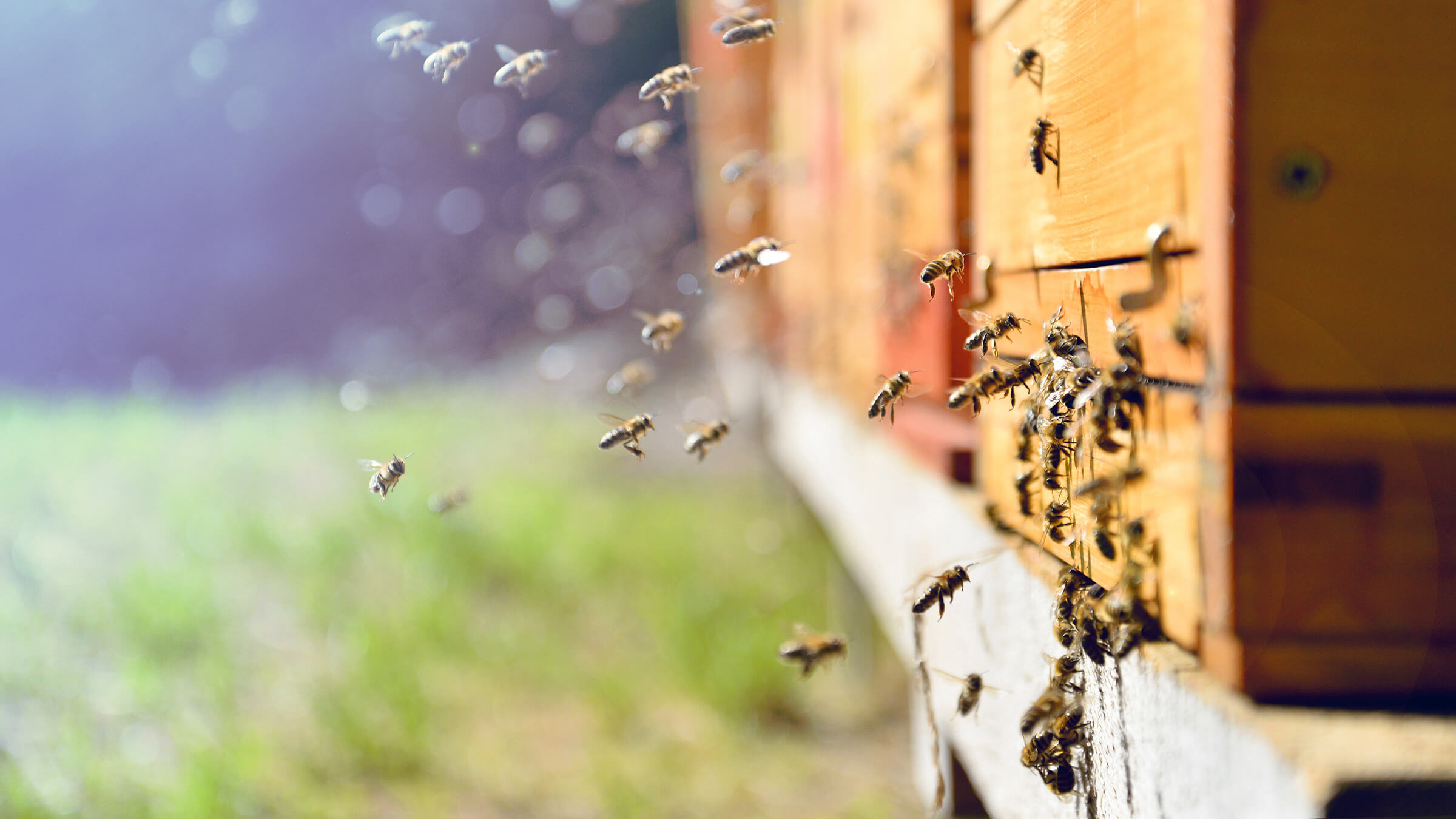Content
The UNL Bee Team prioritizes "people-centered" outcomes, fostering community connections by building broad collaborations and creating diverse networks of learners, educators, and advocates focused on healthy bee management and conservation science. Through active community engagement, the Bee Team empowers individuals, inspiring personal and professional growth while enabling them to make meaningful contributions to the well-being of their communities.
In our workshops, we deliver informational content through lectures, handbooks, videos, and demonstrations. This content is enhanced by field training exercises, where participants gain hands-on experience in bee hives, guided by our expert instructors and mentors. We model these hands-on techniques during our courses, then support local beekeeping organizations and educators in offering similar training through their own programs, helping to spread beekeeping knowledge and skills more widely.
This community-focused approach also fosters collaborative environments, facilitating the development of additional beneficial training programs, including "train-the-trainer" initiatives, working groups like the IPM4Bees Midwest Working Group and the Midwest Managed Pollinator Protection Plan (Midwest MP3) Working Group, as well as other beekeeping programs such as the Heroes-to-Hives Veterans Program and the Adaptive Bee Breeders Alliance.
Bee Lab Card Section
Community Partnerships & Engagement
The UNL Bee Lab strives to unite people, leverage resources and expertise, and "cross-pollinate" programs that enhance our ability to engage with partners, stakeholders, and the public on issues related to bee health, bee-friendly practices, and pollinator conservation. We currently have over 50 community partners in our engagement network, from the NE State Museum Morrill Hall, Lincoln Children’s Zoo, NE Game & Parks Commission Schramm Education Center, The Xerces Society, the Sierra Club, Americorp, Center for Rural Affairs, and much much more.
Learn MoreBee Research & Student Opportunities
Student-led research in the Bee Lab focuses on understanding the various stressors impacting both managed honey bee and wild bee populations. Graduate and undergraduate students investigate how environmental factors—such as pesticide exposure and habitat loss—along with biotic stressors like bee pests and pathogens, contribute to the decline in bee health. Their work aims to identify practical soutions to mitigate these challenges and promote bee conservation.
Learn MoreGreat Plains
Master Beekeeping Program
And Beekeeping Courses
The UNL Bee Team offers courses, training, and hands-on guidance for beekeepers of all experience levels each season from March through October. The Bee Team also developed the Great Plains Master Beekeeping Program (GPMB) which was launched in April 2019 and now serves over 4,000 beekeepers across the Great Plains and Midwest. GPMB has facilitated the creation of more than 29 teaching apiaries across eight states, and fostered a strong network of beekeepers, educators, and community members dedicated to supporting one another in hive management. Educational materials, including lectures, videos, and training guides, are developed collaboratively by GPMB committees, local beekeeping associations, and partners. This collaborative approach ensures that the information remains current, relevant, and tailored to the specific needs of Midwest beekeepers.
Learn MoreBeekeeping Events
Upcoming Events
Bee Lab Team
Judy Wu-Smart
Associate Professor of Entomology & Extension Specialist
Location:
Department of Entomology
University of Nebraska - Lincoln
105A Entomology Hall
PO Box 830816
Lincoln, NE 68583-0816
Phone: 402-472-8696
Email; jwu-smart2@unl.edu

